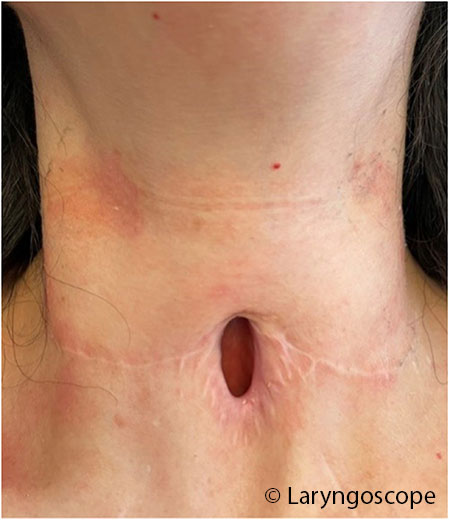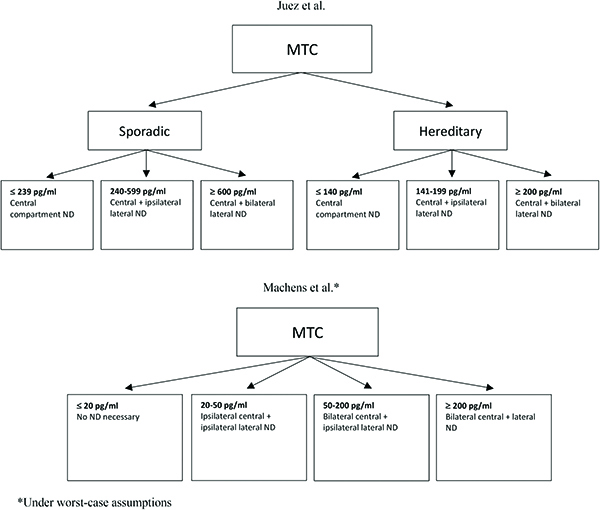In two trials, participants with OSA and obesity who received tirzepatide had a clinically meaningful change in sleep-disordered breathing and alleviation of perceived sleep disturbance and sleep-related impairment, as well as reductions in common OSA-related cardiovascular risk factors.

ENTs Take on Far-Flung Gig Work
Gig work has generally been on the rise, fueled largely by a shortage of otolaryngologists, ENT physicians’ desire to limit demanding call work that can lead to burnout, and the need to fill the gaps while healthcare systems conduct time-consuming searches to staff vacancies.

TRIO Receives R25 Grant To Cultivate The Next Generation Of Otolaryngologist–Scientists
The Triological Society (TRIO) has been awarded an R25 grant from the National Institute on Deafness and Other Communication Disorders (NIDCD) to establish the Neely National Clinician–Scientist Mentorship Network. This program aims to cultivate the next generation of otolaryngologist–scientists through comprehensive mentorship, training, and networking opportunities. It will be the first national mentorship network for otolaryngologist–scientists.

Use of Prophylactic Antibiotics in Otolaryngology
Fundamental to medical decision making is the challenging task of weighing the benefits against the risks of any given treatment decision. Clinical guidelines and protocols help with this decision making, which is further informed by physician judgment, particularly when the evidence is weak or lacking.

Addressing the Compensation Conundrum for Otolaryngologists on Call
Who should care for otolaryngology patients when they present to the emergency department (ED)? And how should the physicians who care for those patients be compensated? Those two questions are at the heart of a conundrum that has escalated over the past two decades.
Combined Endoscopic Approaches Can Provide Maximal Exposure to the Infratemporal Fossa
Combining minimal access endoscopic approaches to the ITF can provide significantly greater exposure than an isolated endoscopic transnasal transpterygoid approach (EETA), thereby providing enhanced access to address lesions with extensive involvement of the ITF.
Awake Orotracheal Intubation Shown Successful in Four Patients with Laryngeal Cancer
Awake videolaryngoscopy intubation is an excellent strategy to adopt in patients with laryngeal cancer, particularly when potentially complicated intubation is expected.
Thorough Evaluation Essential in Patients with Atypical Presentations of Granulomatosis with Polyangiitis
The case study underscores the necessity of a thorough clinical and diagnostic evaluation in patients with atypical presentations of GPA to prevent severe complications.

How To: A Novel Hybrid Procedure Combining Resection and Tracheoplasty for Complex Laryngotracheal Stenosis
This study describes the successful use of a hybrid resection and laryngotracheoplasty procedure that maximizes airway luminal patency in adults with successful decannulation.

Can Calcitonin Levels Guide Prophylactic Neck Dissection in Sporadic Medullary Thyroid Carcinoma?
Medullary thyroid carcinoma (MTC) comprises less than 5% of thyroid cancers but is responsible for more than 10% of deaths related to thyroid cancer.
- « Previous Page
- 1
- …
- 12
- 13
- 14
- 15
- 16
- …
- 168
- Next Page »